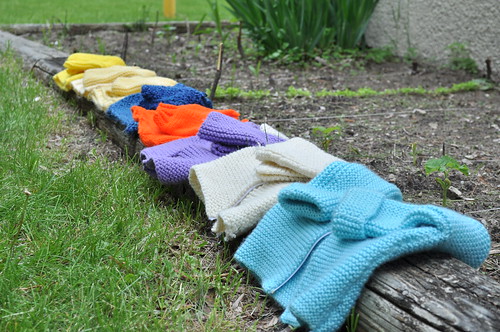“Literacy Privilege: How I learned to check mine instead of making fun of people’s grammar on the Internet” by Painting the Grey Area. This is definitely worth a read. The writer speaks very clearly about the need to stop policing others’ grammar on the internet, pointing to issues of privilege and ignorant assumptions. Her points are all valid and worthwhile and I’ve mentioned this post before in a similar discussion about the merits and pitfalls of grammar use and abuse. Much of the editing/proofreading work I do, however, is academic, and this does require the sort of language that is undeniably of a privileged sort; this is what is suitable for its audience. It’s not fair, and it may be changing, today’s academic writing has to be a more “elite” (if that’s the right word) English.
“The Riddle of Rape-by-Deception and the Myth of Sexual Autonomy” By Jed Rubenfeld, Yale Law Review. Professor Rubenfeld argues that rape-by-deception is inadequate and that sexual autonomy is a myth that should not be used as the foundation for defining rape, then argues that self-possession is a better foundation for legally defining rape while still admitting that this conception also has its limitations. He includes history and background on the concepts behind rape (including “traditional” notions of women’s “purity” and other ideas) to thoroughly explain his ideas.
“Survey Suggests Politicians Overstate Public’s Desire for Vocational View of Higher Education” from Inside Higher Ed. “But an even larger majority – 89 percent — agreed that “college should be where students learn the ability to think critically by studying a rich curriculum that includes history, art and literature, government, economics and philosophy.” And two-thirds supported the idea that colleges should play a significant role in teaching young people to be more socially concerned and responsible.”


